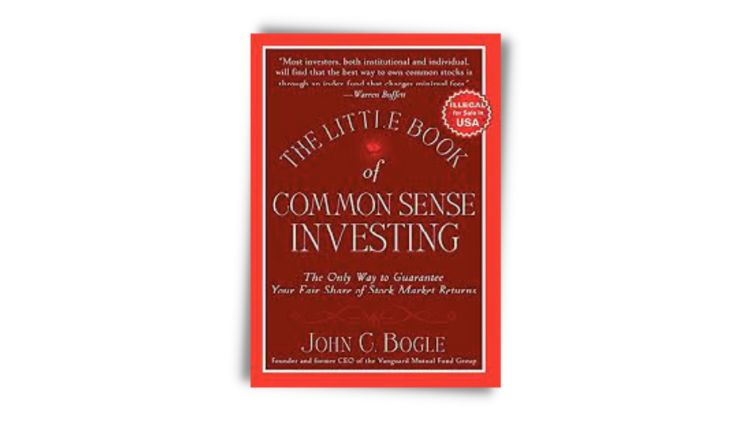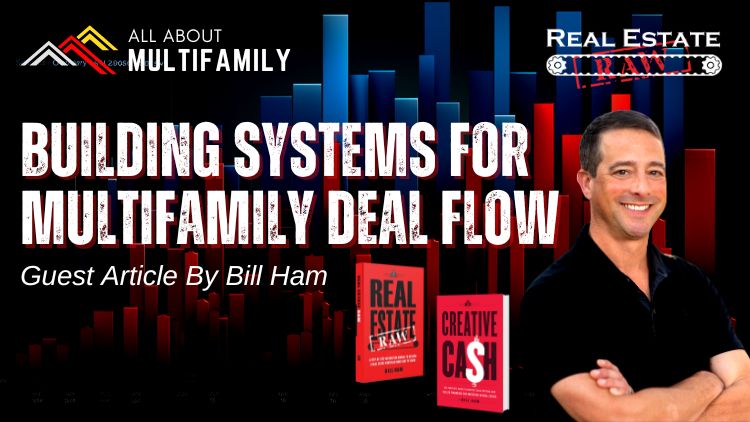“The Little Book of Common Sense Investing: The Only Way to Guarantee Your Fair Share of Stock Market Returns” is a widely acclaimed book written by John C. Bogle, the founder of Vanguard Group and a pioneer in the field of index investing. Published in 2007, this book presents a straightforward and compelling argument for why individual investors should embrace a passive, low-cost approach to investing in the stock market. Bogle’s philosophy emphasizes the importance of simplicity, patience, and a focus on long-term returns rather than attempting to beat the market through active trading or stock picking. Here, we distill the key takeaways from this book that can help guide investors toward a more rational and successful investment journey.
Key Takeaways:
- Embrace Index Funds: Bogle advocates for investing in low-cost index funds, which aim to replicate the performance of a market index rather than trying to outperform it. By doing so, investors can capture the overall market returns while minimizing fees and risks associated with active management.
- Cost Matters: Bogle emphasizes that investment costs, such as expense ratios and transaction fees, can significantly erode returns over time. By choosing low-cost funds, investors keep more of their earnings and enhance their long-term gains.
- Avoid Market Timing: The book discourages market timing, the practice of trying to buy or sell stocks based on predicting market movements. Bogle argues that accurately timing the market is nearly impossible, and frequent trading can lead to suboptimal results.
- Stay Invested for the Long Term: Bogle encourages investors to adopt a long-term perspective and remain invested through market ups and downs. Attempting to time the market or reacting emotionally to short-term fluctuations can hinder overall performance.
- Diversification is Key: Bogle advocates for a diversified portfolio that includes a mix of different asset classes. This diversification helps spread risk and reduces the impact of poor performance from any individual investment.
- Minimize Taxes: The book highlights the importance of tax efficiency in investing. Strategies like holding investments for the long term and utilizing tax-advantaged accounts can help investors minimize the impact of taxes on their returns.
- Investor Behavior Matters: Bogle discusses the detrimental effects of behavioral biases, such as chasing trends or panicking during market downturns. Developing a disciplined and rational approach to investing is crucial for long-term success.
- Simple Beats Complex: Bogle’s philosophy revolves around simplicity. He argues that complex investment strategies often lead to confusion, higher costs, and lower returns. A straightforward, buy-and-hold approach tends to outperform convoluted methods.
- Focus on Net Returns: Rather than fixating on beating market benchmarks, Bogle suggests focusing on net returns after costs. Beating the market is challenging for most active fund managers, making it more sensible to prioritize higher net returns through lower costs.
- Financial Industry Caution: The book raises concerns about the financial industry’s tendency to promote high-cost, actively managed funds. Bogle urges investors to be cautious of sales pitches and to make informed decisions based on their best interests.
In essence, “The Little Book of Common Sense Investing” promotes a simple, disciplined, and cost-effective approach to investing that aligns with the principles of passive index investing. By embracing these key takeaways, investors can potentially increase their chances of achieving their financial goals while minimizing unnecessary risks and costs.




































![An In-Depth Look at Jake and Gino's Coaching Program [A Review]](https://allaboutmultifamilyinvesting.com/wp-content/uploads/2023/10/AAM-BMP-Blog-Covers-750-×-422px-6.jpg)


![Email Marketing Tips for Multifamily Real Estate Syndicators to Raise Capital [Templates included]](https://allaboutmultifamilyinvesting.com/wp-content/uploads/2023/09/AAM-BMP-Blog-Covers-750-×-422px-4.jpg)






![The Richest Kids In America [Book Review]](https://allaboutmultifamilyinvesting.com/wp-content/uploads/2023/09/AAM-BMP-Blog-Covers-750-×-422px-84.jpg)




















